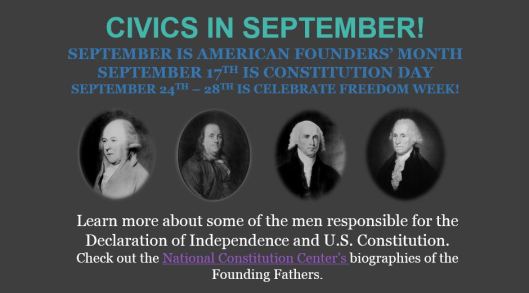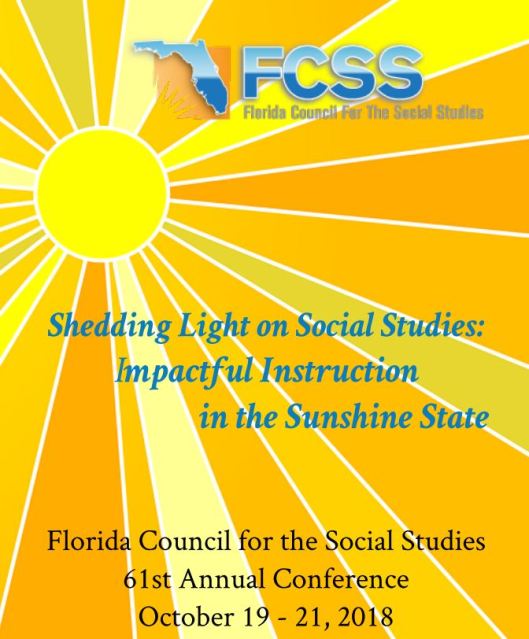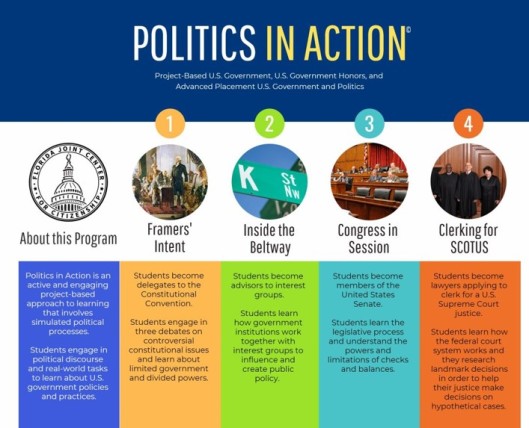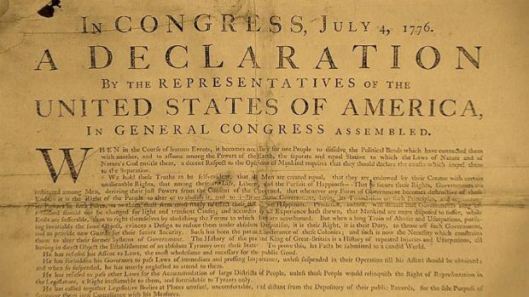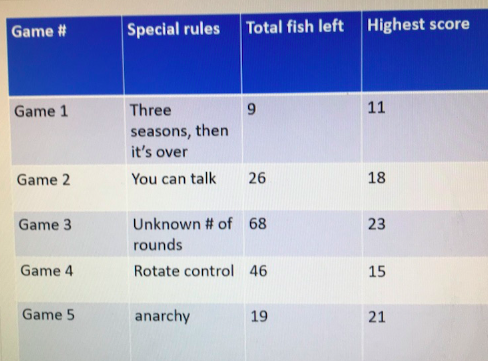We have an exciting addition to the pre-conference sessions happening on Thursday, November 1st, the day before the 2018 National Conference for Dialogue & Deliberation officially begins. Get an early start on the NCDD2018 fun with this new session, What is Participatory Budgeting and How Can it Work for Me?, happening from 12 – 4 pm at the Sheraton Denver Downtown.
 Interested to learn more about participatory budgeting and this exciting democratic process sweeping the world? Join this interactive and engaging training with The Participatory Budgeting Project (PBP) and explore the possibilities of PB in Denver and beyond. Shari Davis, Co-Executive Director of PBP, will be joined by several local leaders of the Denver area PB processes, including Roshan Bliss, previous NCDD staffer and now Student Organizer for Project VOYCE/Auraria PB, Candi CdeBaca, Executive Director of Project VOYCE, Candace Johnson, Community Partner for The Colorado Trust and Project Belay Team Member, and Evan Weismann, Executive Director for Warm Cookies of the Revolution.
Interested to learn more about participatory budgeting and this exciting democratic process sweeping the world? Join this interactive and engaging training with The Participatory Budgeting Project (PBP) and explore the possibilities of PB in Denver and beyond. Shari Davis, Co-Executive Director of PBP, will be joined by several local leaders of the Denver area PB processes, including Roshan Bliss, previous NCDD staffer and now Student Organizer for Project VOYCE/Auraria PB, Candi CdeBaca, Executive Director of Project VOYCE, Candace Johnson, Community Partner for The Colorado Trust and Project Belay Team Member, and Evan Weismann, Executive Director for Warm Cookies of the Revolution.
Registration for general admission is $45, with sliding scale available for youth ($5) and local participants ($20) – contact courtney@ncdd.org for sliding scale tickets. Register for this workshop and/or check out the other five pre-conference sessions at ncdd2018-precon.eventbrite.com!
It’s almost five weeks until NCDD2018 kicks off! Click here to check out the conference schedule, over 60 sessions announced, how to use the discounted room block (that’s available until 5pm MST, Weds., October 10th), where to find a roomie, and more!

What is Participatory Budgeting and how can it work for me?
Join community members, organizers, agency staff and government staff for an interactive training to explore and plan out the possibilities of participatory budgeting (PB) in Denver and beyond. This session will review a model that promotes authentic democracy while centering equity and redistributing power to community members to make effective spending decisions with public funds. The Participatory Budgeting Project will lead a training that will simulate a PB experience, while PB pioneers from Colorado and members of Denver’s THIS MACHINE HAS A SOUL project will reflect on their local experience with PB.
Hours: 12:00 pm – 4:00 pm
Registration: sliding scale available (youth $5, local $20, general admission $45)
Shari Davis, Co-Executive Director – Participatory Budgeting Project
Roshan Bliss, Student Organizer – Project VOYCE / Auraria PB
Candi CdeBaca, Executive Director – Project VOYCE
Candace Johnson, Community Partner – The Colorado Trust — Project Belay Team member
Evan Weissman, Executive Director – Warm Cookies of the Revolution

Watch the highlights video below for THIS MACHINE HAS A SOUL and learn more at www.thismachinehasasoul.com.
About the presenters
Shari oversees PBP’s advocacy work, technical assistance, and operations. She joined PBP staff after nearly 15 years of service and leadership in local government. As Director of Youth Engagement and Employment for the City of Boston she launched Youth Lead the Change, the first youth participatory budgeting process in the US, which won the US Conference of Mayors’ City Livability Award. Shari first got involved in city government in high school, serving as the Citywide Neighborhood Safety Coordinator on the Boston Mayor’s Youth Council and working at the Mayor’s Youthline. Shari is a graduate of Boston University’s Sargent College for Health and Rehabilitation Sciences and holds a master’s degree in anatomy and physiology.
Roshan is a student organizer with Project VOYCE and a graduate student at UCD, pursuing his masters in political science with a focus on community organizing. Roshan has been involved in local social justice work for most of the last decade in Denver, focusing on youth empowerment, democratizing education, and transforming law enforcement. He is excited to be helping bring participatory budgeting to Denver and the Auraria campus.
Candi began her life as the eldest of three in a single-mother household in the inner city of Denver. From a very early age, Candi took on a leadership role by caring for her siblings and other family members. She found refuge in school, and saw education as an opportunity to change her circumstances. She was the first in her family to graduate from high school, and went on to complete two degrees in five years. While in college, she co-founded the organization she now leads, Project VOYCE (Voices of Youth Changing Education). While in college, Candi also expanded a one-year support program for students of color at the University of Denver to a four-year program. She was one of the first youths to be appointed to the Denver Mayor’s Commission on Youth and to the Denver Mayor’s Latino Advisory Council. She recently completed a fellowship as part of the inaugural cohort of the Latino Leadership Institute. Candi is a fierce advocate for educational equity, and is deeply committed to creating spaces for the historically underrepresented to be key decision makers. She has an entrepreneurial spirit, and seeks to design creative, inclusive, collaborative solutions to our great social challenges.
Candace is a Denver based community organizer and facilitator. She currently works at The Colorado Trust supporting communities in the Denver Metro Area in achieving their health equity goals by addressing the Social Determinants of Health. Candace is also the Board Chair for Woodbine Ecology Center and a Principal member of Project Belay. She lives with her loving partner and two dogs
Evan is the founding executive director of Warm Cookies of the Revolution. He spent 12 years as company member of Buntport Theater Company winning over 100 awards (including the 2010 Mayor’s Award for Excellence in the Arts) as playwright, director, designer, and actor, from media outlets such as The Denver Post, Westword, The Rocky Mountain News, and American Theatre Wing. Formerly a Kellogg Foundation Leadership for Community Change Fellow with Mi Casa Resource Center for Women and a Jane Addams-Andrew Carnegie Graduate Fellow for Leadership and Philanthropic Studies at Indiana University.

 Interested to learn more about participatory budgeting and this exciting democratic process sweeping the world? Join this interactive and engaging training with The Participatory Budgeting Project (PBP) and explore the possibilities of PB in Denver and beyond. Shari Davis, Co-Executive Director of PBP, will be joined by several local leaders of the Denver area PB processes, including Roshan Bliss, previous NCDD staffer and now Student Organizer for Project VOYCE/Auraria PB, Candi CdeBaca, Executive Director of Project VOYCE, Candace Johnson, Community Partner for The Colorado Trust and Project Belay Team Member, and Evan Weismann, Executive Director for Warm Cookies of the Revolution.
Interested to learn more about participatory budgeting and this exciting democratic process sweeping the world? Join this interactive and engaging training with The Participatory Budgeting Project (PBP) and explore the possibilities of PB in Denver and beyond. Shari Davis, Co-Executive Director of PBP, will be joined by several local leaders of the Denver area PB processes, including Roshan Bliss, previous NCDD staffer and now Student Organizer for Project VOYCE/Auraria PB, Candi CdeBaca, Executive Director of Project VOYCE, Candace Johnson, Community Partner for The Colorado Trust and Project Belay Team Member, and Evan Weismann, Executive Director for Warm Cookies of the Revolution.
